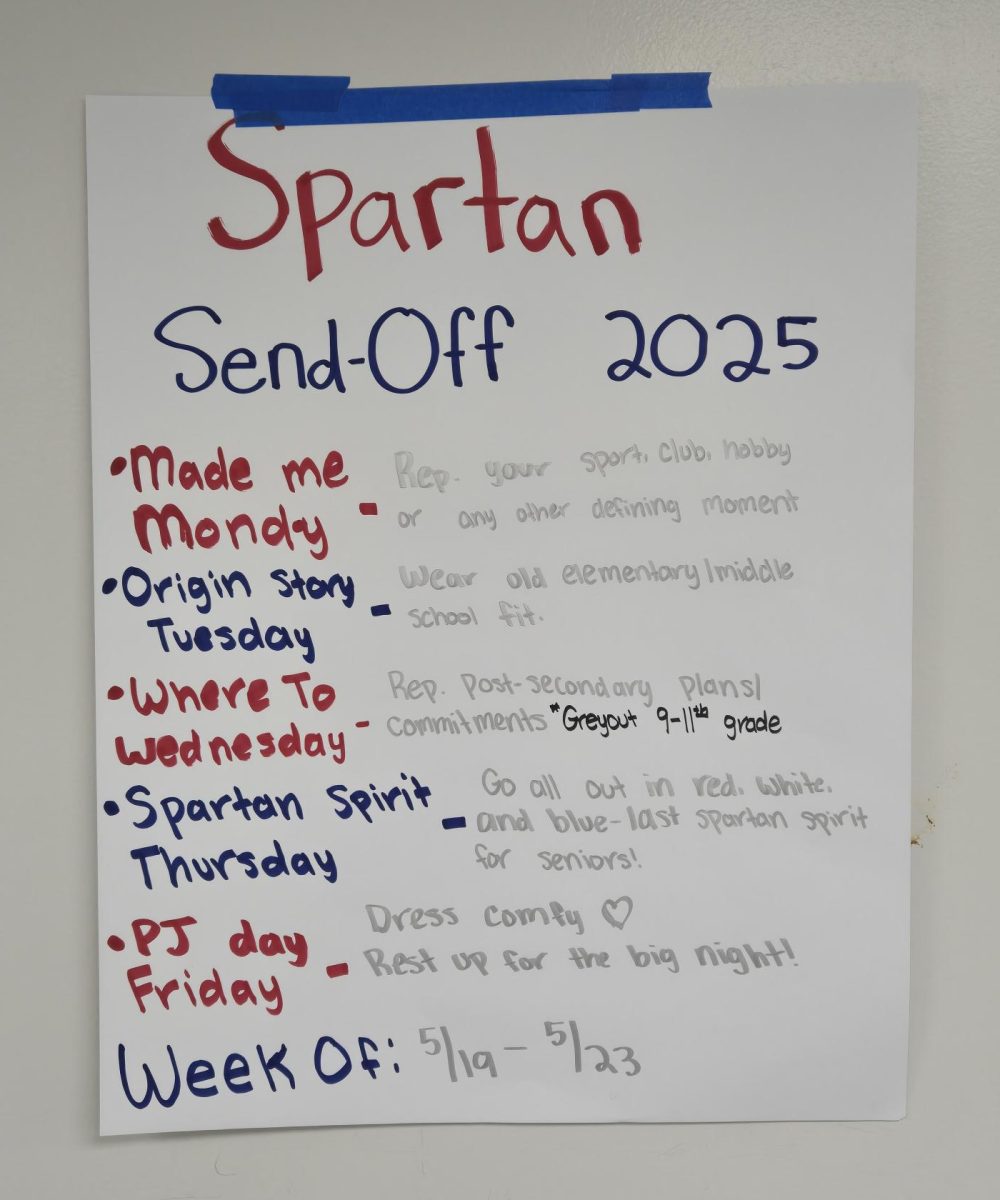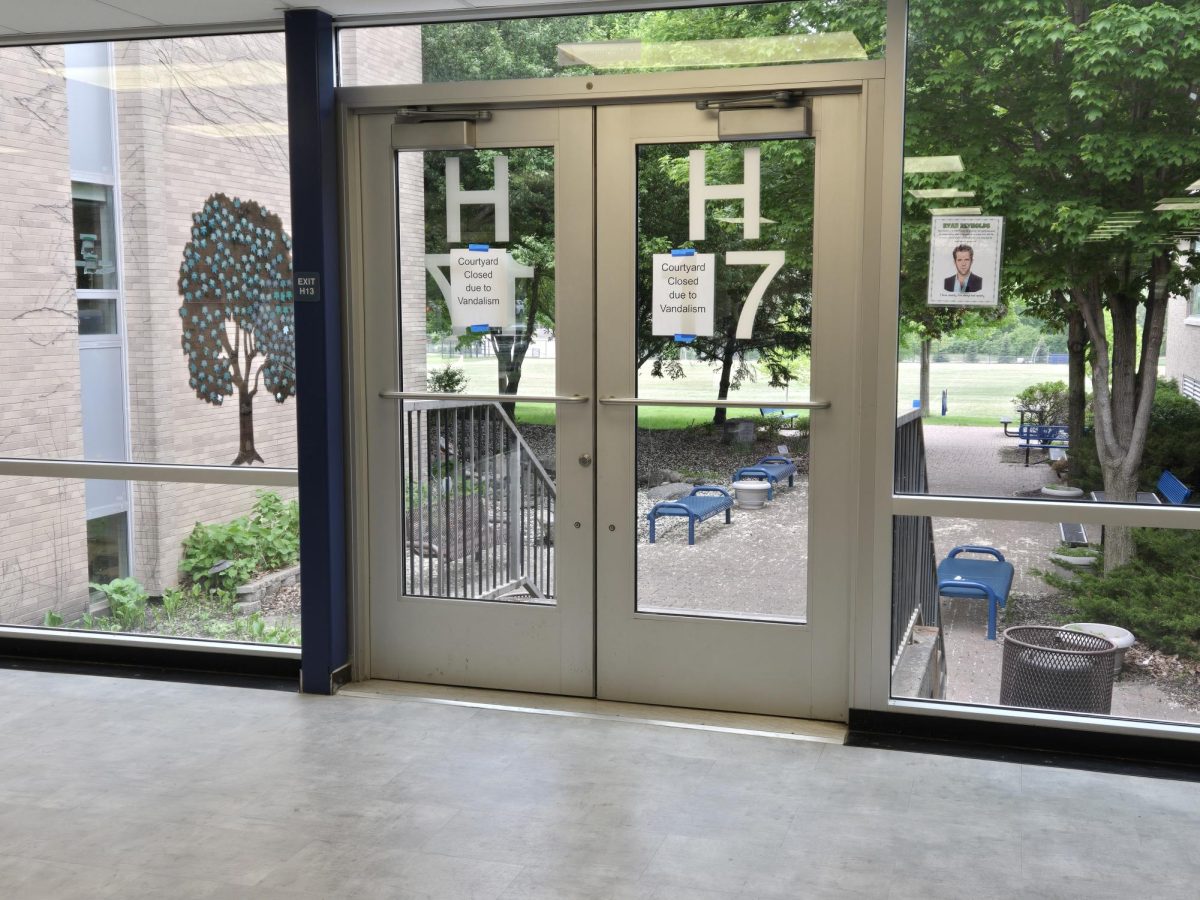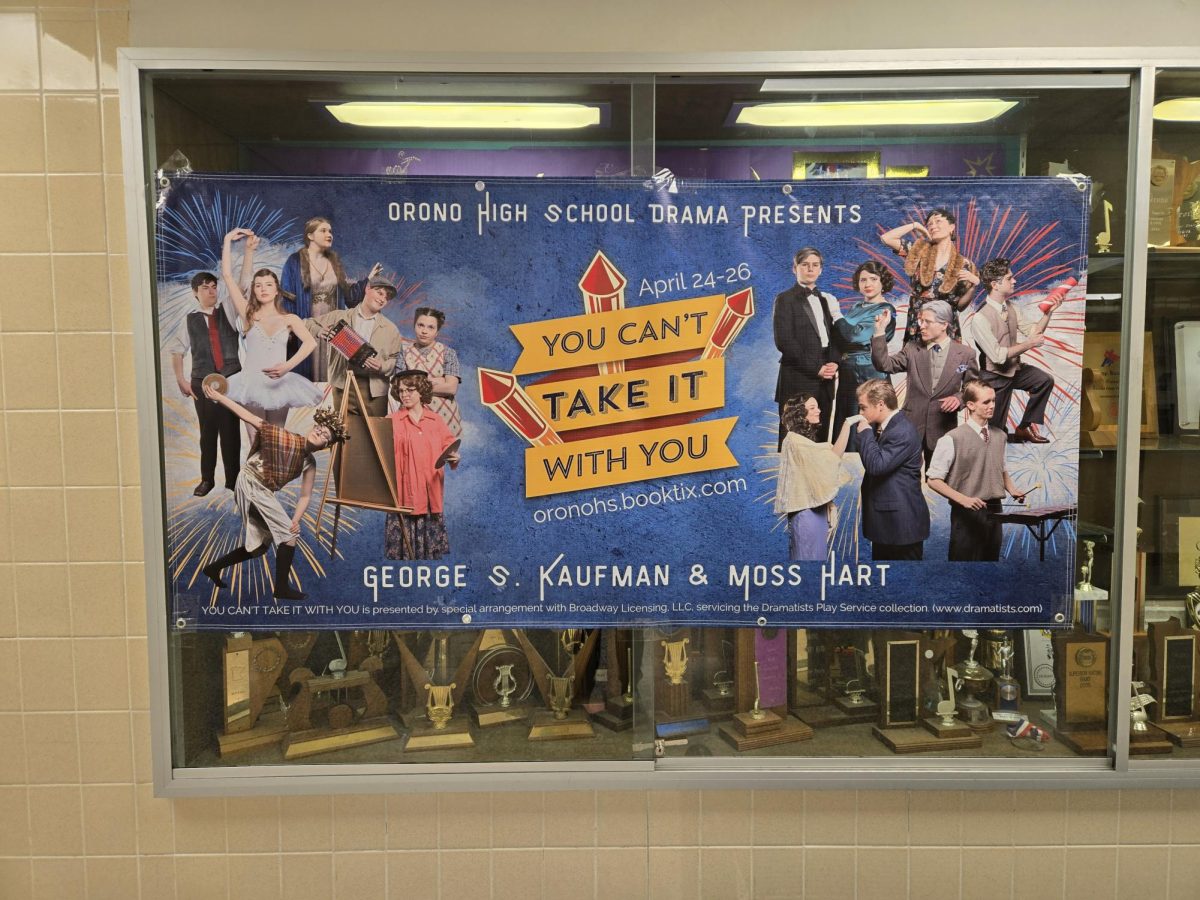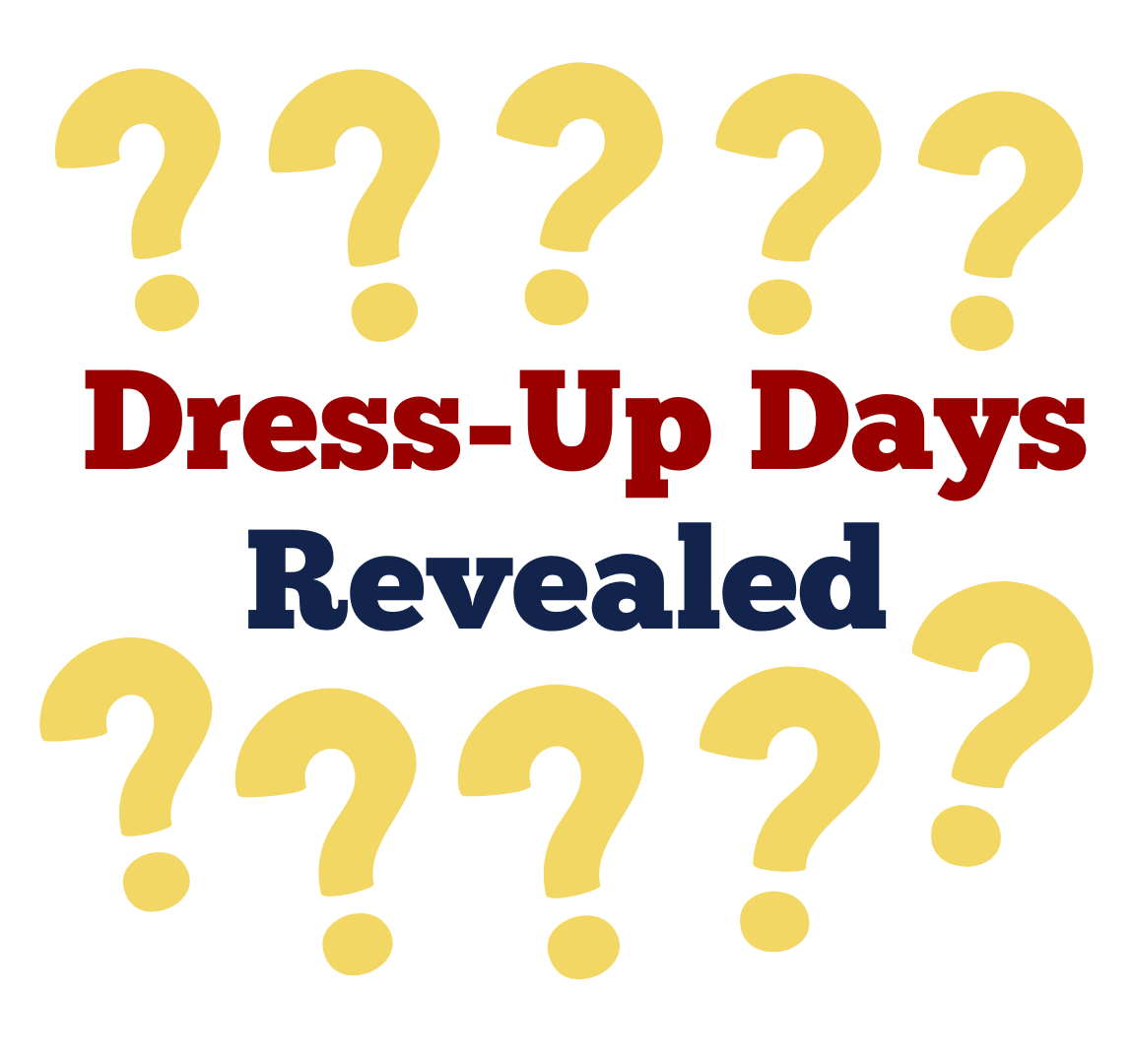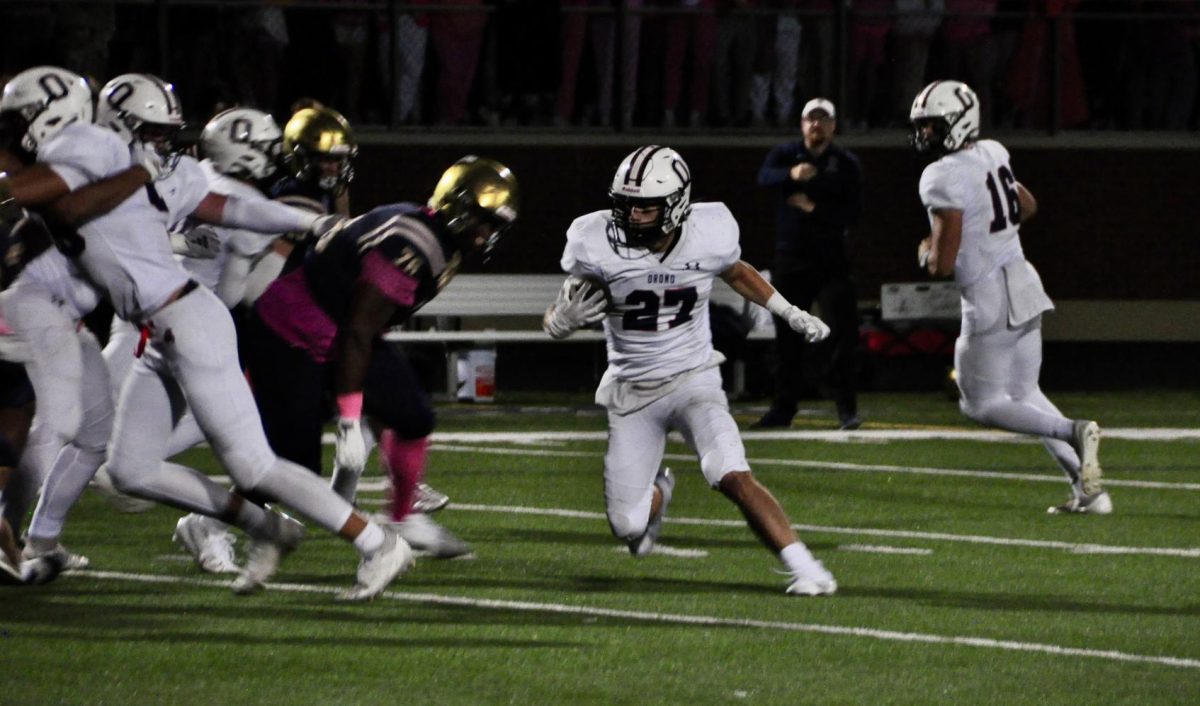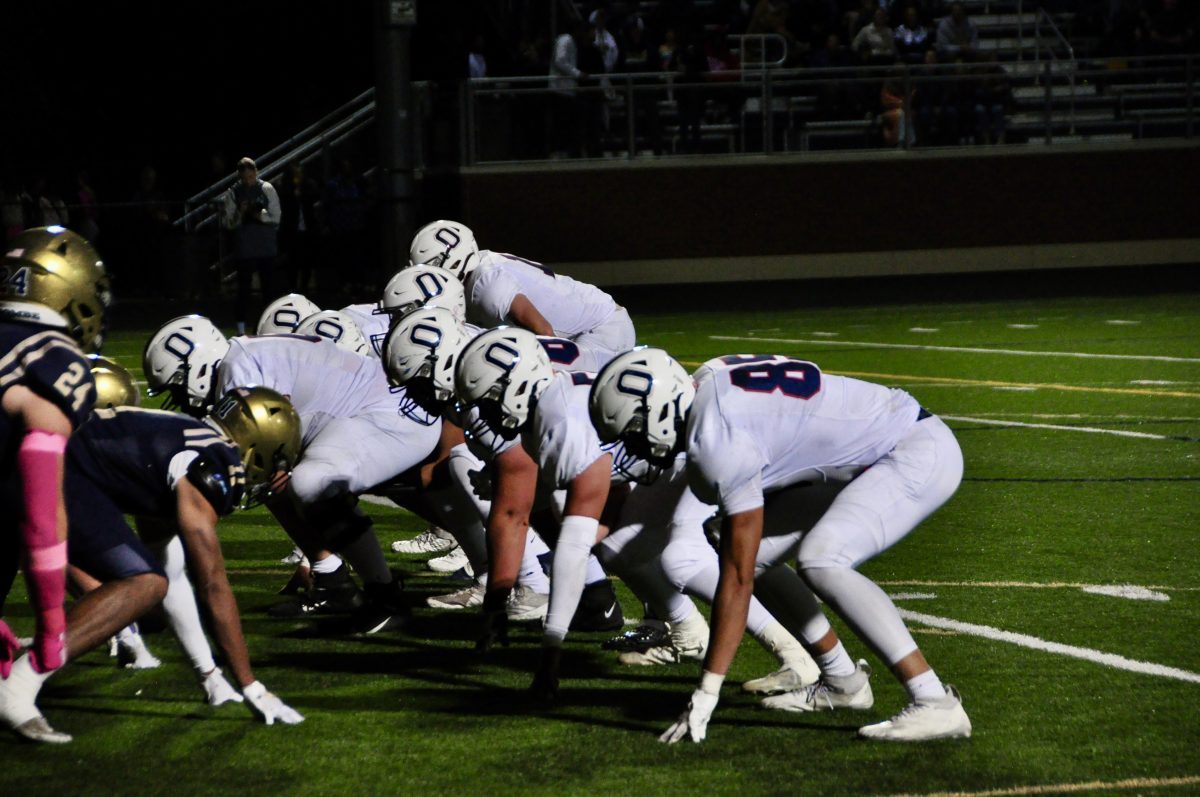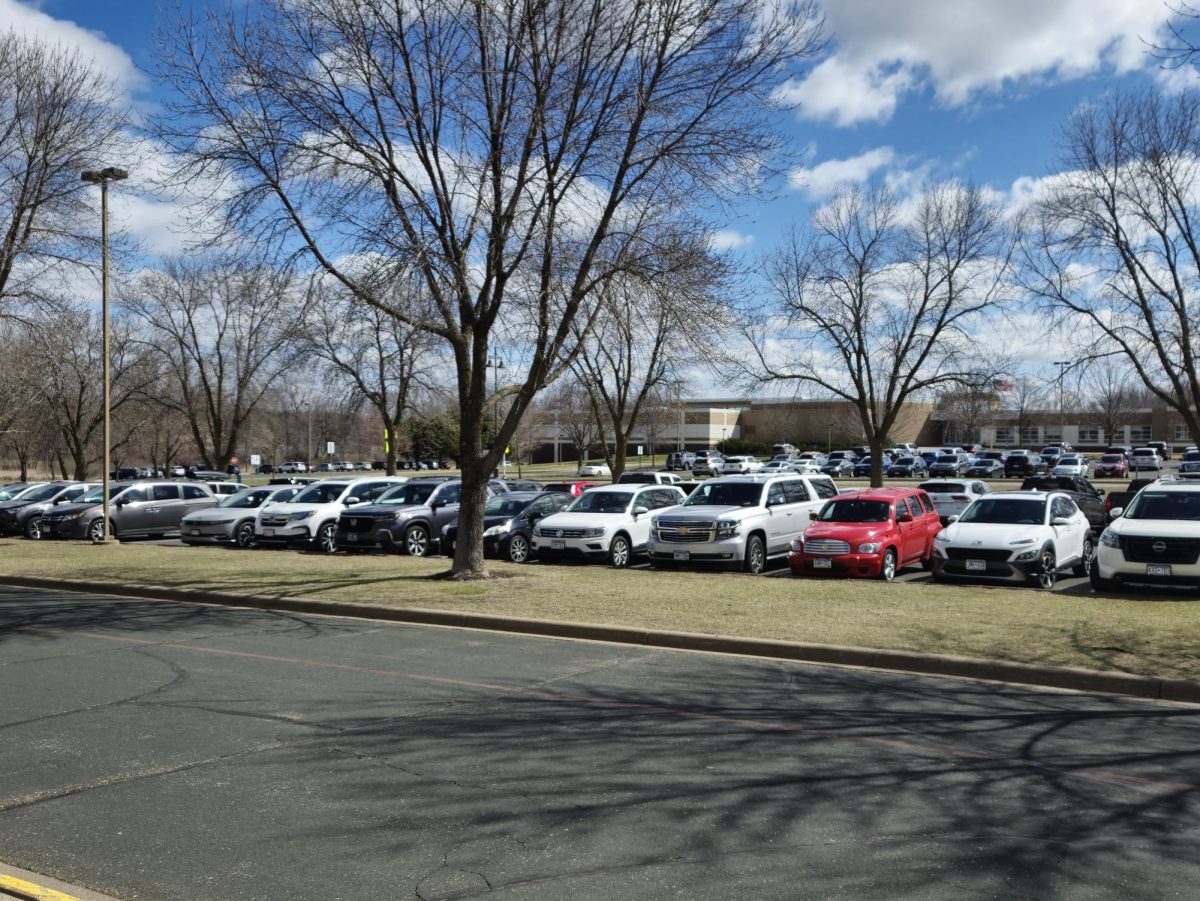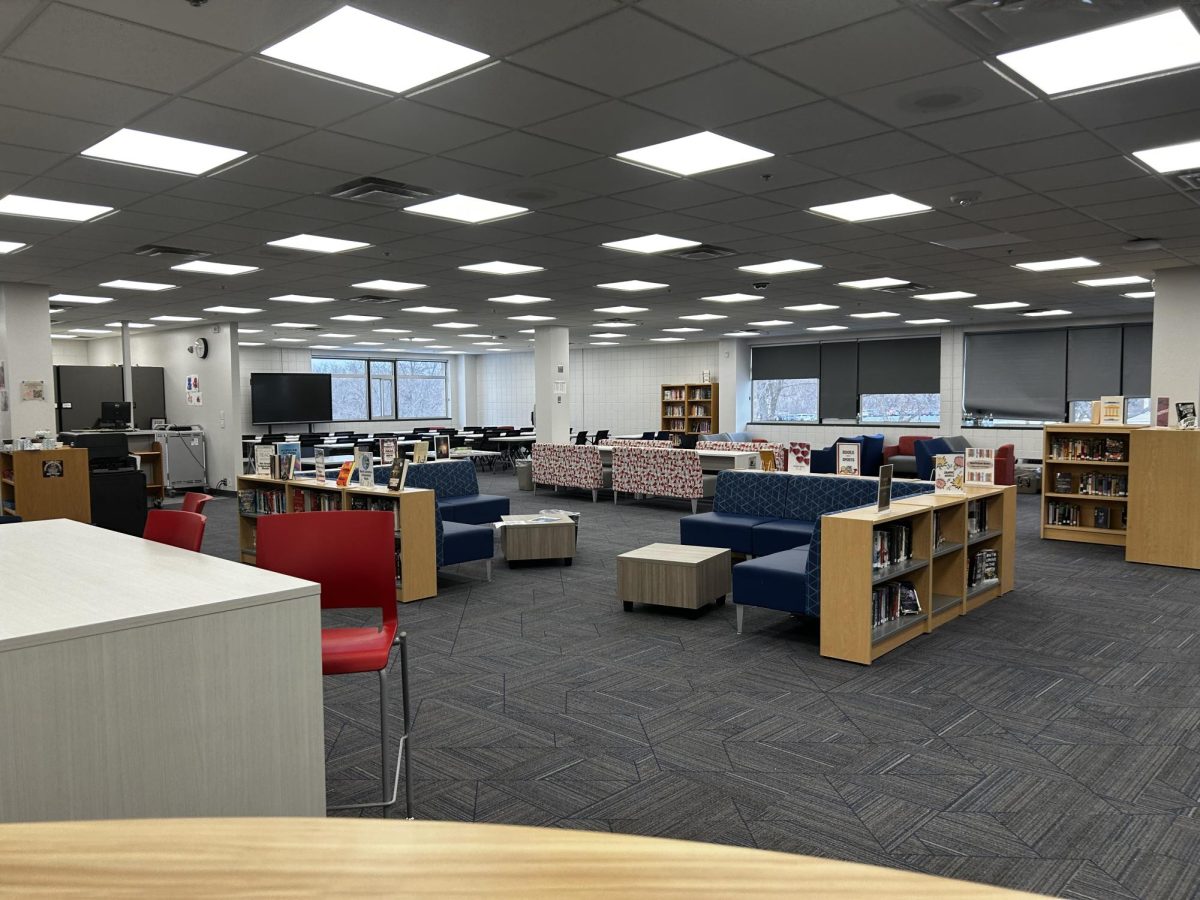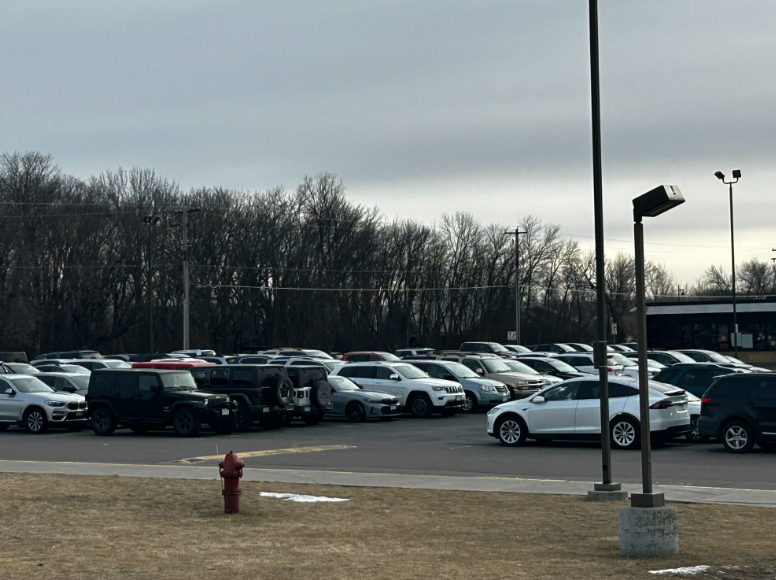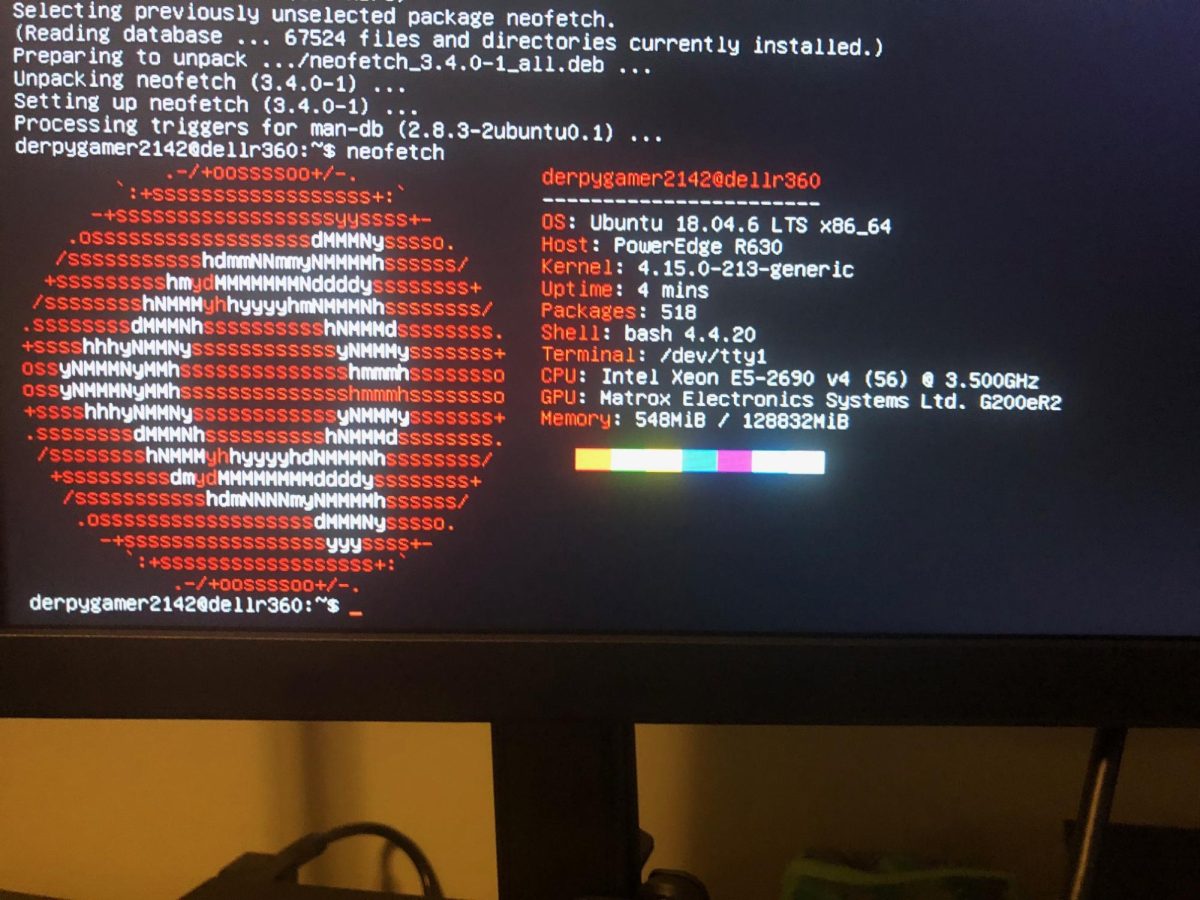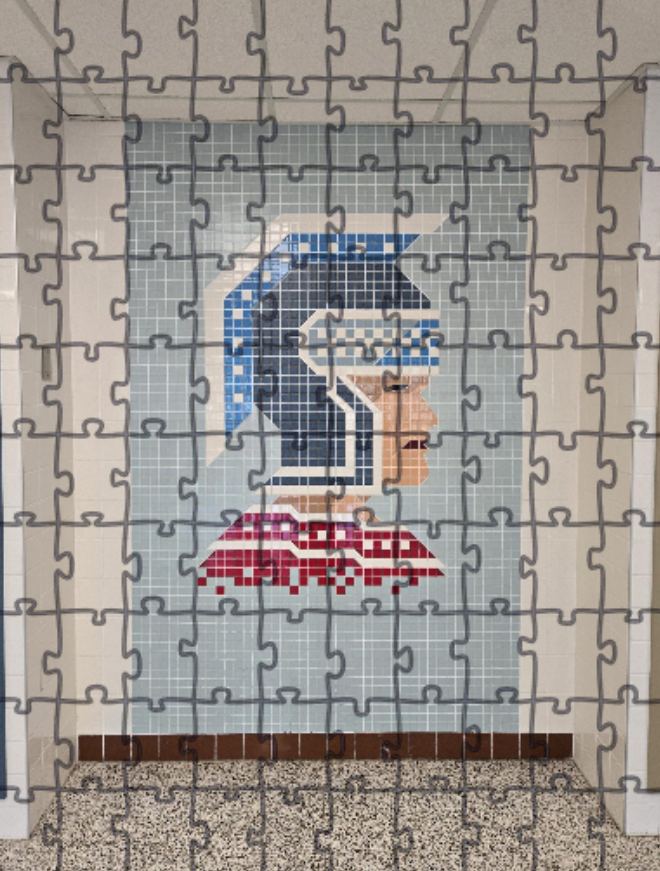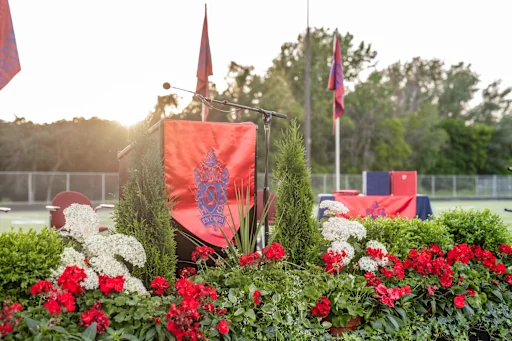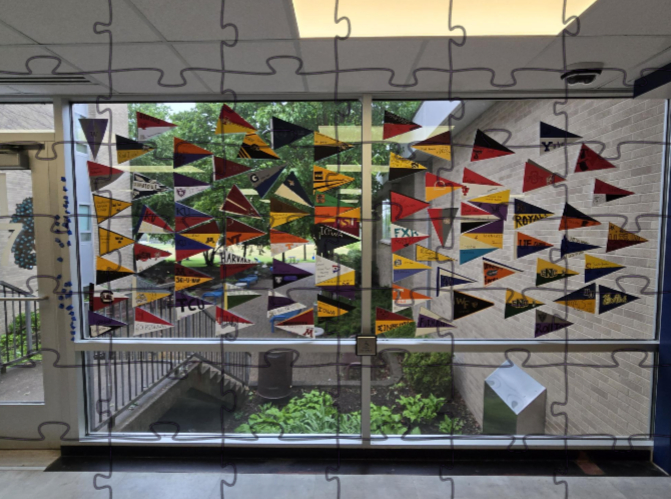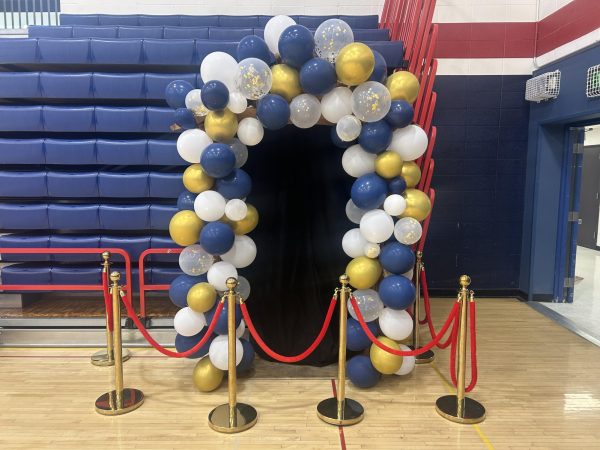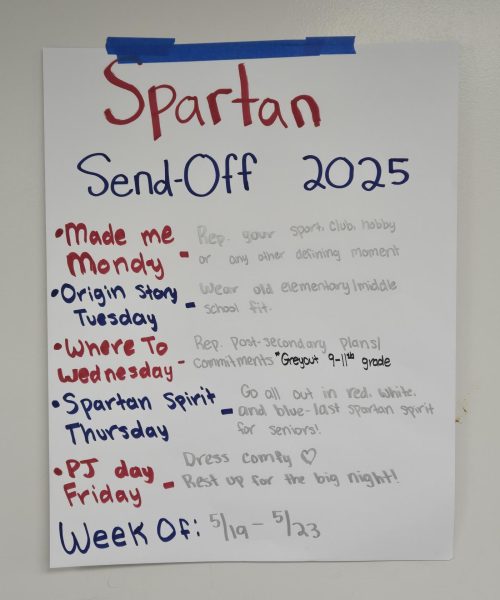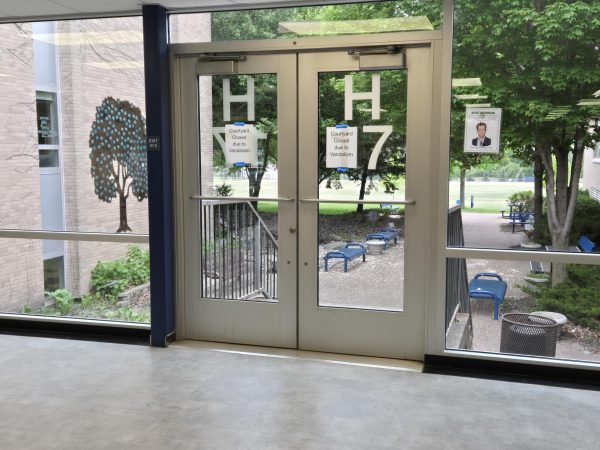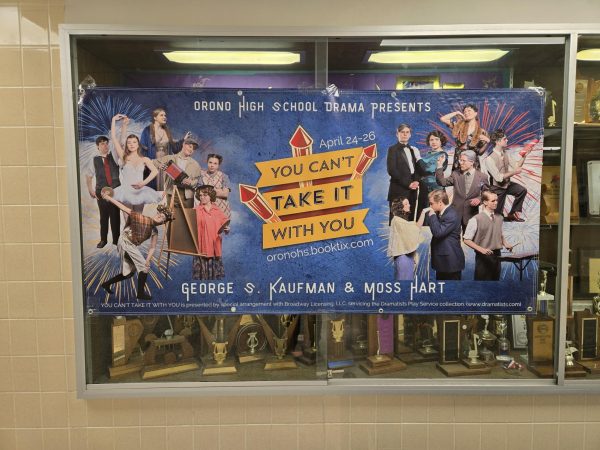Relearning Civil Discussion
In the past year it has become more evident than ever that the level of ‘picking sides’ and uncivil discourse has reached staggering heights. Views on various controversial or uncomfortable topics such as race or politics have become polarized, and as those adamant opinions have increased, the ability to healthily debate and reason with each other has decreased.
“When we refuse to share our perspective or, worse, shut down or ridicule someone else’s, we end up being unable to grow as people,” OHS English teacher Jarrett Lundquist said
According to the National Institute for Civil Discourse, approximately 78 percent of Americans believe that incivility and political dysfunction halts the nation from moving forward. With well over half of Americans agreeing that there is a problem, steps must be taken to move forward together through discourse instead of opposition and a refusal to listen to others’ points of view.
In a country full of complexities, it is surprising how simplified the separation of stances has become. Instead of a spectrum of thoughts, it’s turned into a binary divide. It is democrats versus republicans, liberals versus conservatives, not a reasonable compromise between each view. Not to mention the reluctance many have of speaking out if their views do change.
“We label people who have different ideas than us, so when they are the opposing label we don’t listen to what they have to say, we just say that they are the opposite of us. We don’t even consider that they could have valid ideas,” said sophomore McKenzie Pearson.
Perhaps some of the problem can be attributed to the ease of deciding who to be around. What used to be a high school with a graduating class of 40, where each student had to learn to live and understand each other’s views, has now turned into a diverse collection of hundreds of kids, all with different backgrounds. No longer are Americans in a position where they have to talk to the only 39 other kids. Now they get to select who to surround themselves with, and there is no question that like minds gravitate toward each other and further reinforce the same shared beliefs.
According to the Pew Research Center, 63 percent of consistent conservatives and 49 percent of consistent liberals say most of their close friends share their same political views. A significant amount of Americans have isolated themselves to ‘ideological silos’, and with this emerges one cause of the problem.
By surrounding oneself with people who unanimously agree on an extreme stance, it’s difficult to speak up when one’s opinions do change, or go against what is popularly accepted. Because of the fear of verbal attack, shame, and a loss of identity, these uncomfortable conversations are often avoided. Furthermore, if a dialogue does erupt, it is often messy and unpleasant for everyone involved.
Where did the civility evaporate to? How do we move forward in some of the most divided times, to work towards a stronger, more unified future? And how do we encourage conversation?
“Usually [civil discussion] starts with acknowledging the difficulty and that emotions might get elevated, but understanding each other is worth it. Even if we disagree, we can choose to acknowledge another person’s experiences and values,” Lundquist said.
Lundquist said that when talking to people with different opinions, people need to be open to “taking breaks when needed” and “knowing that we’re going to make mistakes and that we’re going to try our best to understand the other side or another view.”
Another answer could be seen in the small town of Gettysburg, Pennsylvania, where CNN reporter Van Jones interviewed both Trump and Clinton supporters, listening and learning to understand their conflicting voices. When interviewing a group of four women, evenly divided between their beliefs, he found that no matter how opposing their views were, they still managed to be best friends.
The explanation was in their daily lives. How they lived in a small town, how their children all went to the same school, and how they ran into each other on a day to day basis. Their everyday interactions were unavoidable, so they grew to enjoy each other’s company and realized that animosity was not an option. They also understood the unique background that each person brought to the table, and how to discuss without attacking the other person.
We may not all live in small towns, but there is a valuable lesson to be taken away from those four women in Gettysburg. While reflecting over his experience interviewing them, Van Jones said, “More empathy and understanding can keep us from needlessly inflaming one another, and this should create the conditions for a better understanding of our differences.”
With recent developments it’s crucial that we break down the barriers that separate the nation, and cherish empathy and understanding. Americans, and all humans in general, need to embrace uncomfortable conversations, share their views even if they are unpopular, and stop living in a two option world, because oftentimes the grey areas will have the answers. Perhaps then the nation will be able to move towards a smoother future.
“We all have different life experiences that have led us to think or believe certain things,” Lundquist said. “Expanding that understanding by acknowledging or listening to other’s life experiences should be a crucial aspect to being human, not just American. Otherwise, why do we even have empathy to begin with?”


